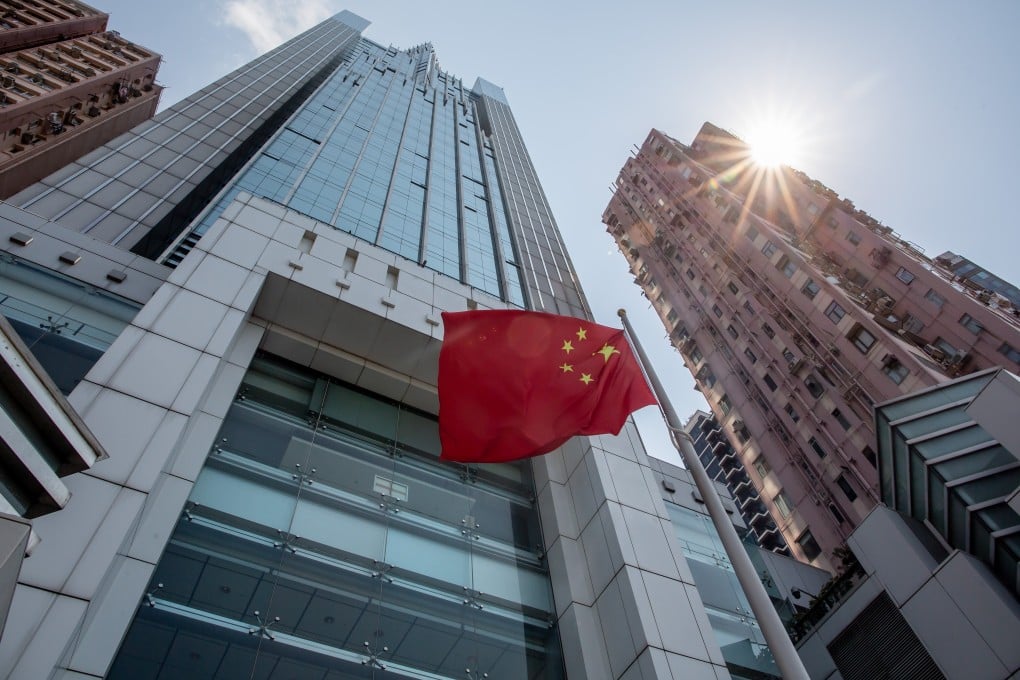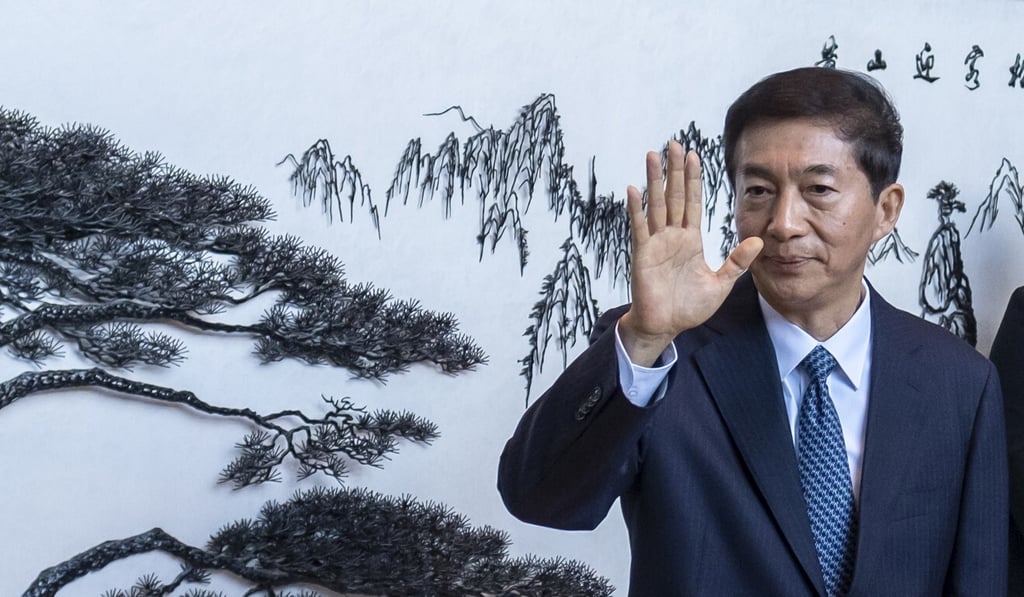Beijing’s liaison office held ‘unprecedented’ round of meetings with senior Hong Kong officials to boost support for national security law
- The mainland government arm asked ministers and undersecretaries to support the proposed legislation in a series of discussions over past three weeks, sources say
- The effort comes ahead of a session of top legislators on mainland China scheduled for next week, which could signal the law’s imminent adoption

The revelation came as the National People’s Congress Standing Committee scheduled a three-day meeting from next Thursday, implying the legislation could be hammered out – or even passed – by the end of next week.
The bill, which would outlaw activities of succession, subversion, terrorism and foreign interference in Hong Kong, was not on the official agenda, but Tam Yiu-chung, the city’s sole representative to the apex body of the national legislature, said the item “could be added in the last minute”.
Many of the 36 Hong Kong deputies to the National People’s Congress (NPC) would like to sit in the meeting, he added.

Several sources told the Post the liaison office had initiated more than a dozen meetings with local officials in the nearly three weeks since Beijing announced the bill.